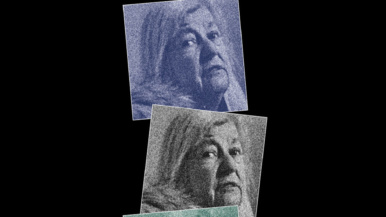Crossing Delaware
A big deal was made yesterday over defendant Jack Boultbee’s plea for a mistrial and request that he be afforded a separate trial. The issue turns on a line of questioning from Peter Atkinson’s lawyer suggesting to Fred Creasey that his client had worked with Creasey to get to the bottom of the non-competes. From Boultbee’s point of view, this is prejudicial in that the jury might infer that Atkinson was a Boy Scout and Boultbee wasn’t. St. Eve quickly rejected these pleadings. The Toronto Star reported that her response was in line with an earlier ruling, which “rejected a bid by Black’s co-defendants for separate trials…promising to instruct the jury to avoid ‘spillover guilt.’” The use of the term “spillover guilt” here is telling, in that the only person in the room whose credibility in this matter has been assessed and found wanting is—three guesses—Conrad Black.
Judge Leo Strine’s assessments of his Lordship’s credibility in the proceedings between Black and the Hollinger International board before the Court of Chancery in Delaware just over three years ago are a cold and clear reminder as to why Lord Black is where he is today and why his fellow defendants would rather try their cases separately from their former boss, thank you very much.
“As former Chancellor Allen has said, the most interesting corporate law cases involve the color gray, with contending parties dueling over close questions of law, in circumstances when it is possible for each of the contestants to claim she was acting in ‘good faith.’ Regrettably, this case is not one of that variety.
“Rather, in this case, defendant Conrad M. Black, the ultimate controlling stockholder of Hollinger International, Inc., a Delaware public company, has repeatedly behaved in a manner inconsistent with the duty of loyalty he owed the company… In this opinion, I conclude that Black breached his fiduciary and contractual duties persistently and seriously… Black’s statements were, of course, largely false and can only be reasonably construed as being intended to mislead his fellow directors… I found Black evasive and unreliable. His explanations of key events and of his own motivations do not have the ring of truth.”
And on it goes—134 pages of damnation from a judicial body of high standing in American law, before which Black testified at length with every expectation that his word would exonerate his actions. Sound familiar?





